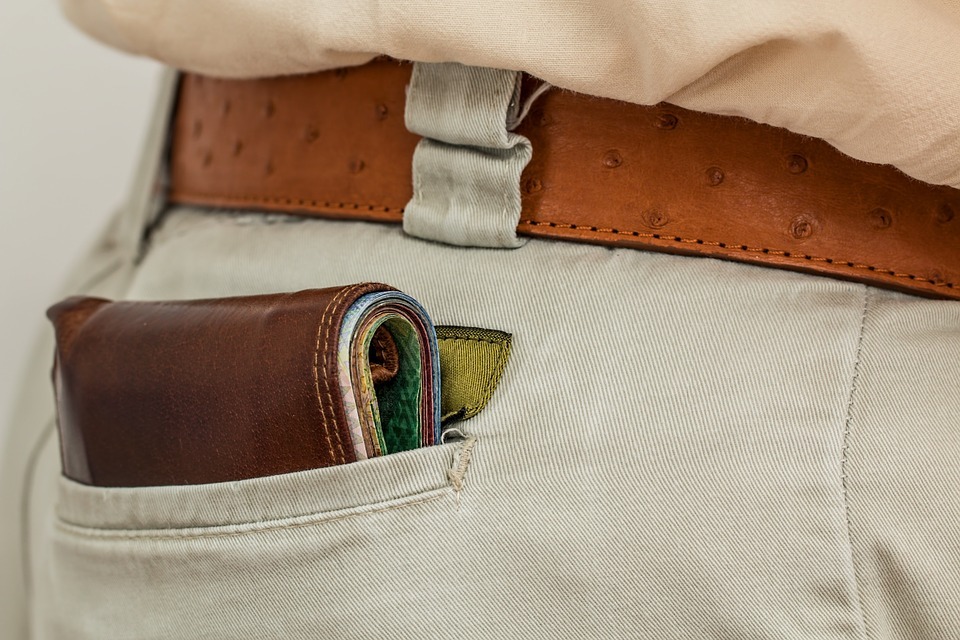When you decide to eschew the usual comforts of traveling and have decided to “rough it out,” you need all the resources to survive in your travels.
Like in many other activities, money and finances are always a concern when you travel. Travel costs and travel insurance gobble up most of your expenses, and they are surely going to be your top priorities while planning for your trip.
But how about your day-to-day expenses? There are situations where you are not able to use your credit or debit card, so you should definitely take your cash especially when you’re backpacking.
While traveling is enjoyable and rewarding, it doesn’t mean that you won’t encounter some dangers. Not to say that you have to be pessimistic once you’re out on the road, but you do have to expect the worst. And this advice holds most especially true when traveling in countries where there are still financial and economic instability as well as widespread crime. If you’re doing urban backpacking you will definitely want the right accessories.
There is another way to keep your finances safe: hide your money, literally. This article is a must-read especially when you plan for backpacking travel.
There are places to exchange your money for local currency, such as banks (which are the most recommended) and exchange offices. You can see such establishments in every country. But there is also a black market exchange rate on cash which allows you to maximize the money you have to bring to the country.
Another thing that you have to worry about is crime, especially in developing countries where it is rampant. Experienced thieves know that tourists are carrying foreign currency with them, which spells a big fortune. That is why tourists are a favorite target.
There is no question that you should carry cash with you when you’re backpacking. You cannot use your little piece of plastic in all situations or transactions, which arises the need to use actual currency. These are some of the things you should do when carrying cash in your travels:
1. Do not put all eggs in one basket. In this sense, so to speak. In this sense, do not hide all your money in one place. To avoid losing all your money, split them into sections and hide them in several different locations. If you stash all your money in one area, you will lose everything once they’re stolen.
2. Hide your money close to your body when possible. Do not put all of them inside your backpack or your handbag. You already know that – bags are snatchers’ favorite things. You can hide some of the bills in the back pocket of your jacket, or inside your shoes. Some people even stash their money in their underwear!
3. Take small bills with you. Flashing wads of cash in public is ill-advised, as it can attract thieves and robbers. Instead of making it obvious that you’re carrying bills of large denomination, bring small bills (as well as coins).
4. Have a dummy purse or wallet. You will never know when you will get mugged, so carrying a dummy purse or wallet is an excellent idea. Aside from your actual wallet (where you keep all your other cash, credit cards, and other important things), carry a dummy purse or wallet with just a few pieces of bills and coins. That way, in case you get into a sticky situation, there’s the dummy wallet which you can surrender willingly to your assailants. Your actual wallet or purse, on the other hand, remains safely hidden
5. There are different ways where you should stash your cash. There are everyday clothing accessories that feature secret pockets or compartments. For instance, there is a “security belt” where you can keep up to 20 pieces of folded bills. There is also a scarf with hidden pockets where you can store not just your money, but also other valuables such as phones, jewelry, and even some documents.
